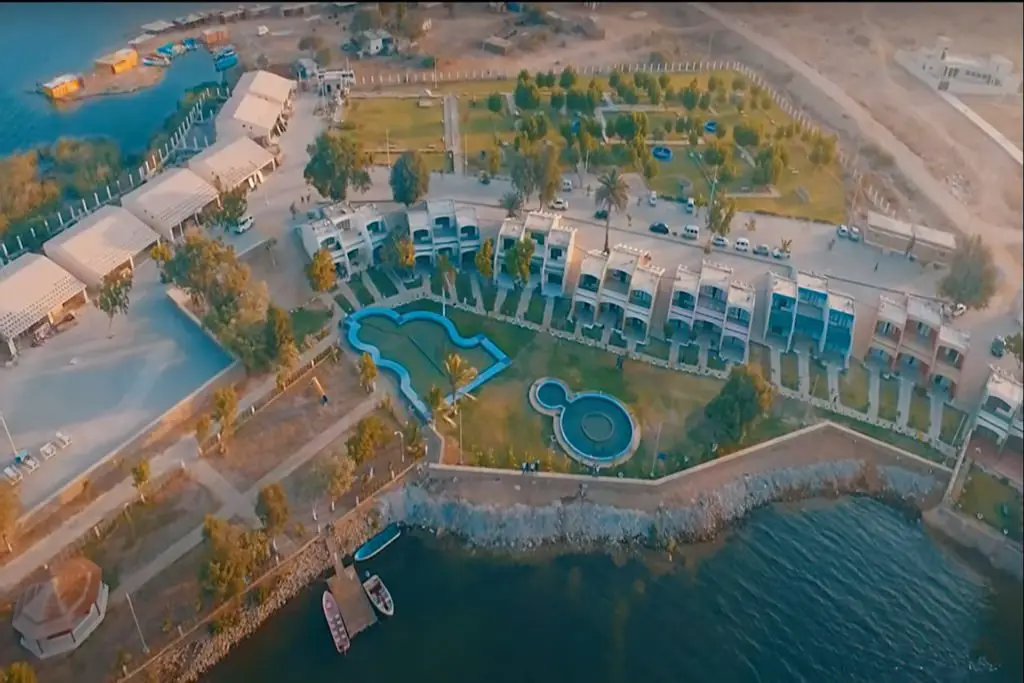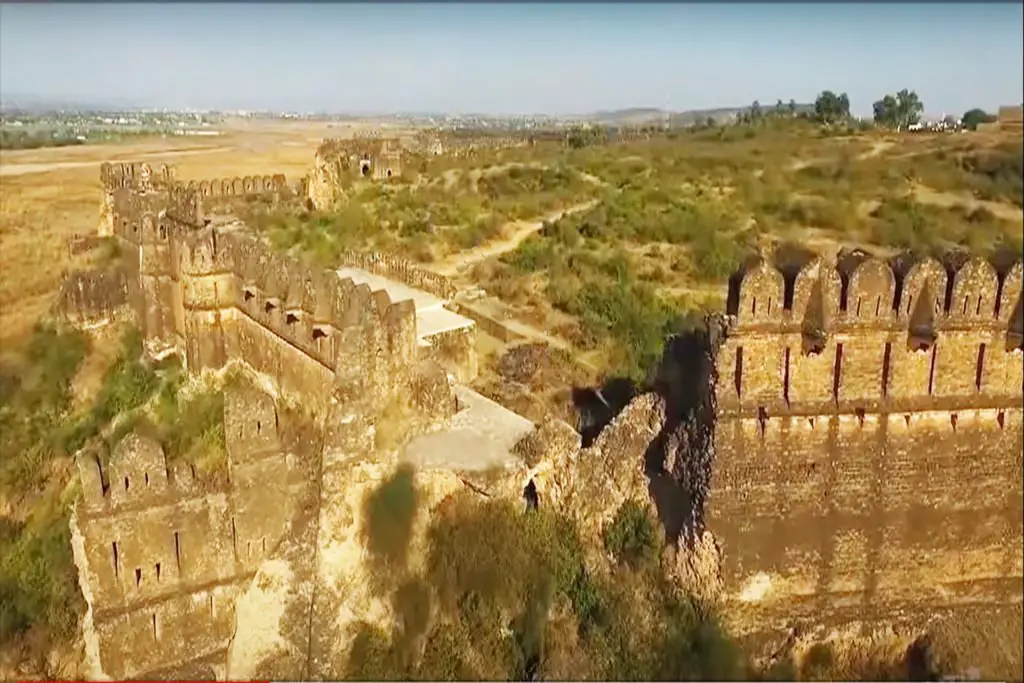The Dorian civilization, often associated with the Greek Dark Age (circa 1100 BCE to 800 BCE), is a period of history shrouded in mystery and limited historical records. Named after the Dorians, a group of ancient Greeks, this era marked a transitional phase between the decline of the Mycenaean civilization and the emergence of the Classical Greek civilization. While the Dorian civilization left fewer tangible artifacts and monumental structures compared to earlier and later periods, its influence and impact on the evolution of Greek culture and society are profound.
1. Migration and Transformation:
The Dorian invasion, a theory proposed by ancient Greek historians, suggests that the Dorians migrated into mainland Greece and contributed to the collapse of the Mycenaean civilization. This migration is believed to have led to significant social, political, and cultural changes, including shifts in settlement patterns, trade routes, and power dynamics.
2. Cultural Continuity and Transformation:
While the Dorian civilization is often associated with a period of decline and disruption, evidence suggests that certain aspects of Mycenaean culture persisted, albeit with modifications. The Dorian Greeks incorporated elements of their own culture and traditions, blending them with existing practices to create a distinctive cultural synthesis.
3. Oral Tradition and Epics:
The Dorian Dark Age is characterized by a scarcity of written records, contributing to the historical obscurity of the period. However, this era witnessed the preservation and transmission of oral traditions, including the epic poems attributed to Homer—the “Iliad” and the “Odyssey.” These epic narratives provided glimpses into the values, beliefs, and societal structures of the Dorian civilization.
4. Spartan Dominance and Military Focus:
One of the most well-known Dorian city-states was Sparta. The Spartans embraced a unique social and political system that emphasized military discipline, physical prowess, and communal living. This distinct way of life set them apart from other Greek city-states and played a significant role in shaping the character of the Dorian civilization.
5. Archaeological Discoveries and Insights:
Archaeological excavations have unearthed remnants of Dorian settlements and artifacts, shedding light on the material culture of this enigmatic period. While monumental structures are scarce, pottery, burial practices, and other artifacts provide glimpses into daily life, religious beliefs, and societal interactions.
6. Transition to the Archaic Period:
The end of the Dorian Dark Age marked the transition to the Archaic Period (circa 800 BCE to 480 BCE), characterized by renewed cultural and economic growth. This era saw the development of city-states, the establishment of trade networks, and the evolution of governance systems that laid the groundwork for the flourishing of Classical Greece.
While the Dorian civilization remains a subject of scholarly debate and investigation, its significance lies in its role as a bridge between the Mycenaean and Classical Greek civilizations. The period’s influences, cultural adaptations, and transformative processes contributed to the complex tapestry of Greek history, shaping the foundations of Western civilization.







